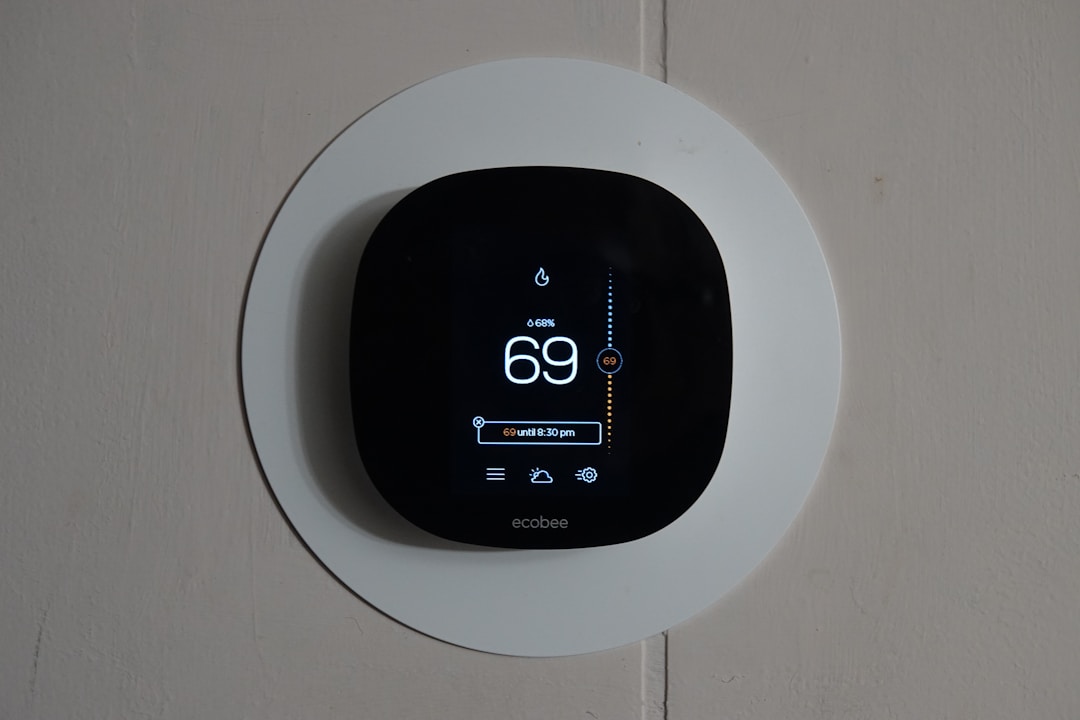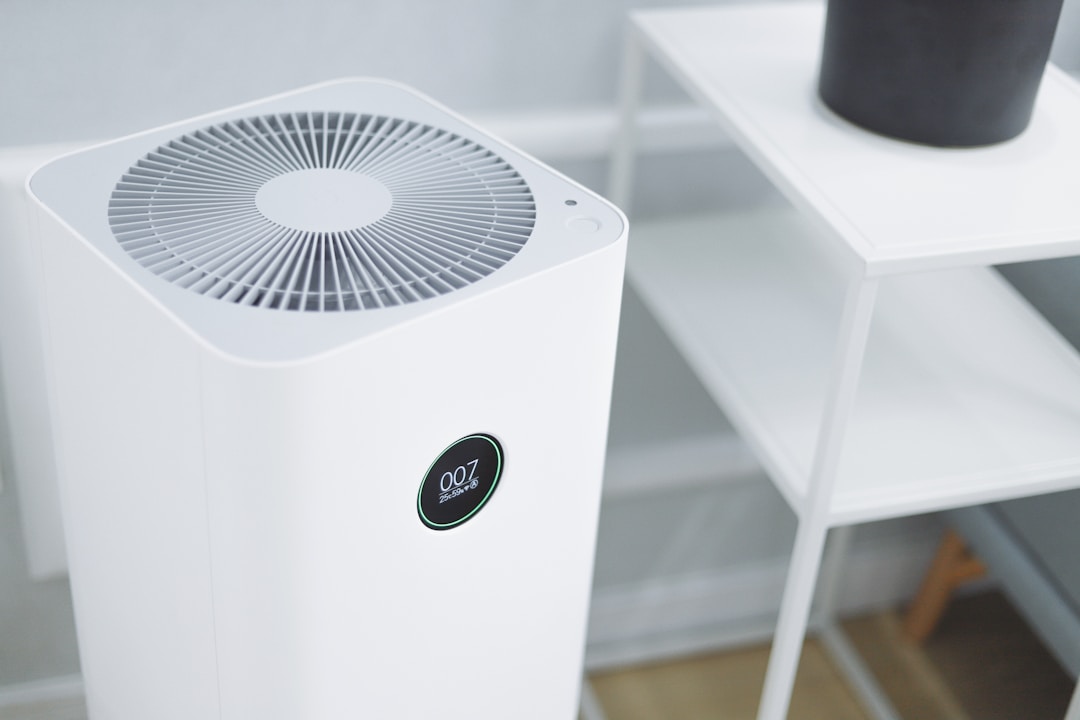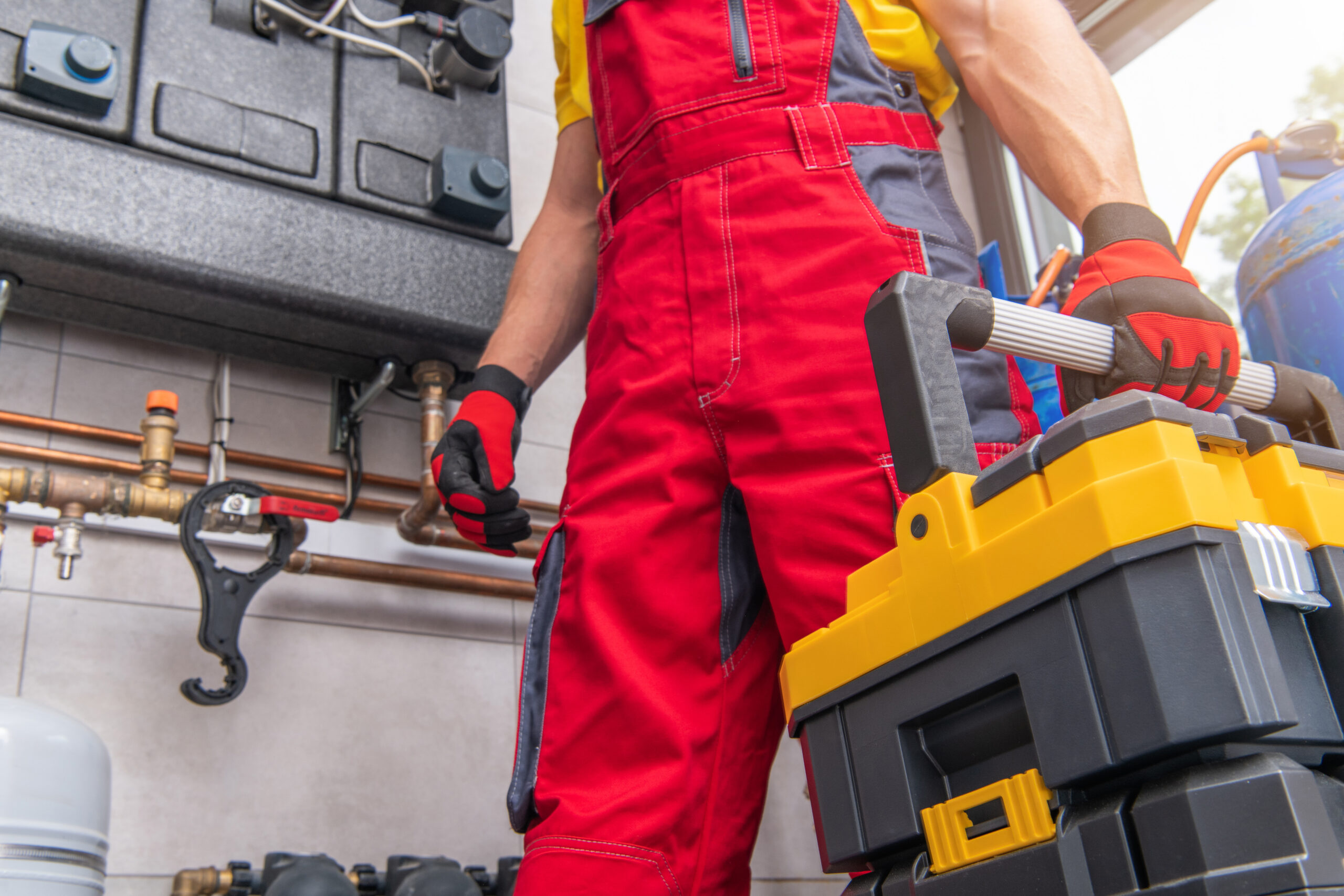A well-functioning air conditioning system is integral for maintaining a comfortable living environment, especially during the hot summer months. Unfortunately, homeowners often find themselves dealing with air conditioning emergencies at the most inconvenient times, causing discomfort and stress. By taking preventive measures, you can lower the risk of encountering problems and ensure that your system runs efficiently. In this article, we will discuss some essential tips for maintaining your air conditioning system and preventing unexpected issues.
Regular Maintenance and Inspection

One of the most important steps to preventing air conditioning emergencies is regular maintenance and inspection. Just like any other home appliance, your air conditioning system requires regular checkups to ensure that it is operating efficiently and to identify any potential issues before they become problematic. Scheduling a professional inspection and maintenance at least once a year is a wise investment, as it can extend the life of your air conditioning system and prevent costly repairs or replacements.
A professional air conditioning technician from Cape Fear will inspect all of the components of your system, including the compressor, condenser, evaporator, and ductwork. They will also check for any leaks, clean the coils, and ensure the proper refrigerant levels. Regular maintenance will help to keep your air conditioning system running smoothly, and efficiently, and can identify potential issues that may lead to more severe problems if not addressed promptly. You should also plan to change the filters at least once every three months.
Proper Sizing and Installation
Ensuring that your air conditioning system is the right size for your home and installed correctly is crucial for preventing problems down the road. An incorrectly sized system can lead to inefficiencies, uneven cooling, frequent breakdowns, and a shortened lifespan. Before purchasing a new air conditioning unit, consult a professional to determine the appropriate size and type of system for your home. They will consider factors such as square footage, insulation, and the overall cooling needs of your home to provide you with the best recommendation.
Once you have selected the ideal system for your home, proper installation is critical. An improperly installed air conditioning system may not deliver the desired level of comfort and can result in energy waste, reduced system lifespan, and unexpected repairs. You need to choose a reputable and experienced HVAC technician to handle the installation process to ensure that your system operates correctly and efficiently.
Consider a Smart Thermostat

Investing in a smart thermostat can be another effective preventive measure against air conditioning emergencies. Smart thermostats allow you to monitor and control your air conditioning system remotely, adjusting the temperature according to your preferences and schedule. By adjusting the temperature when you are not at home, you can save energy and reduce the strain on your air conditioning system.
Moreover, smart thermostats can monitor your air conditioning system for any potential issues and alert you if something seems off. This advanced feature can help you catch potential problems before they turn into emergencies. By addressing issues early on, you can prevent more severe and costly damage to your system. Additionally, some smart thermostats can even provide you with energy consumption data, making it easier for you to monitor the efficiency of your air conditioning system.
Recognize Signs of Trouble

Being able to recognize the early signs of trouble can prevent air conditioning emergencies. Pay attention to any unusual sounds, smells, or decreased performance from your system. Strange noises such as grinding, banging, or humming can indicate a problem with your air conditioning components, and you should contact a professional to diagnose the issue immediately.
Similarly, if you detect a musty smell throughout your home, it may be a sign of mold growth in your ductwork.
Mold not only poses health risks but can also damage your air conditioning system if not dealt with promptly. By addressing these signs of trouble early on, you can prevent more significant issues that may lead to an air conditioning emergency. Moreover, don’t ignore increasing energy bills. If your energy consumption increases without any noticeable change in your usage patterns, it might indicate that your air conditioning system needs attention and maintenance to resolve any underlying issues.
As you can see, preventing air conditioning emergencies largely relies on preventive measures such as regular maintenance, proper sizing and installation, using smart thermostats, and recognizing early signs of trouble. It’s always worthwhile to be proactive about taking care of your HVAC system. By following these tips, homeowners can enjoy the benefits of a comfortable and efficient air conditioning system while avoiding unexpected repair costs and inconvenience.



